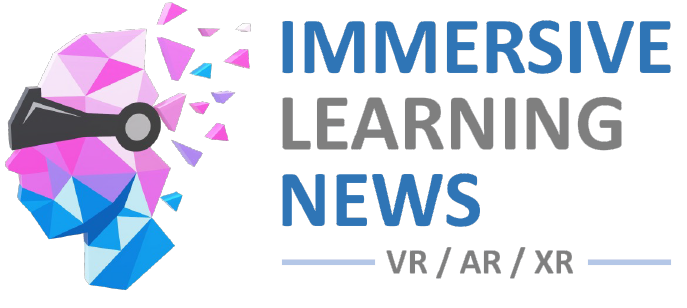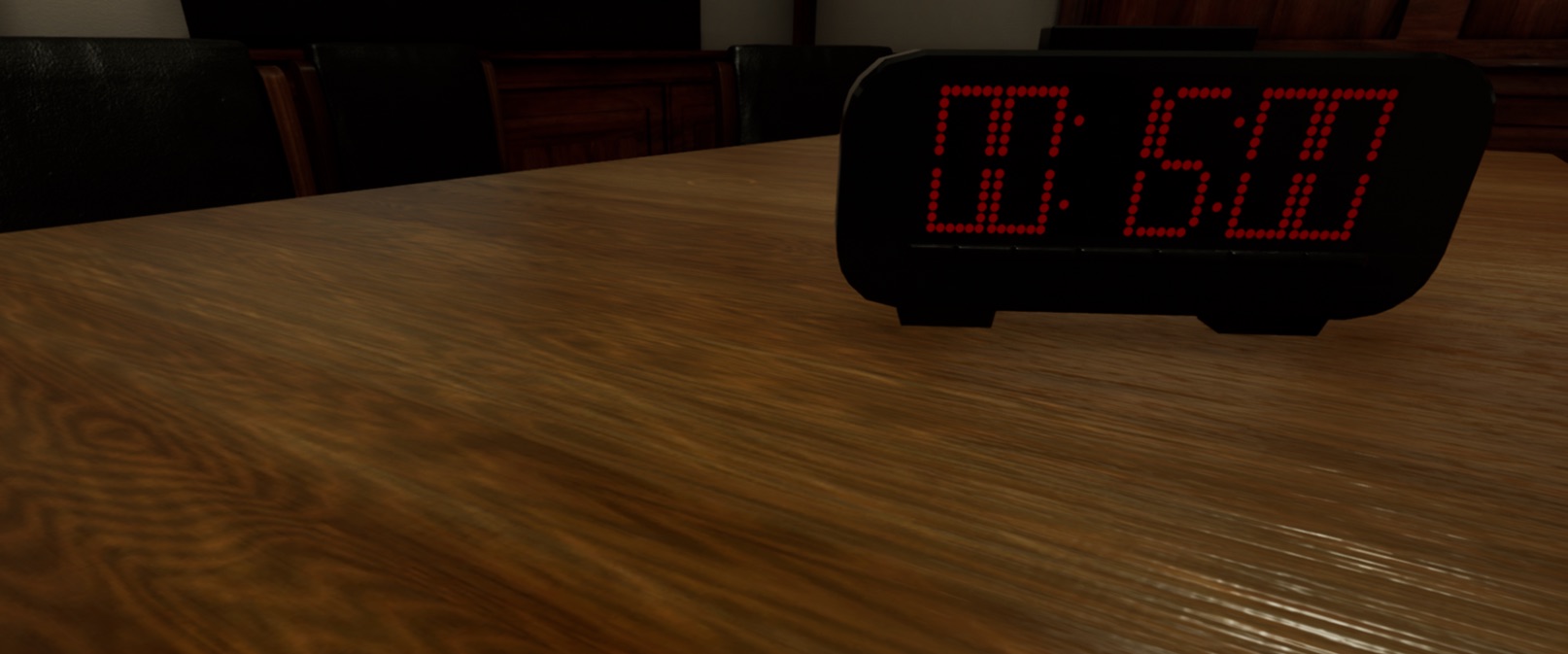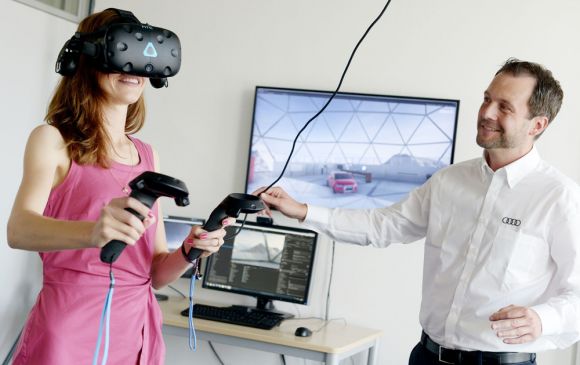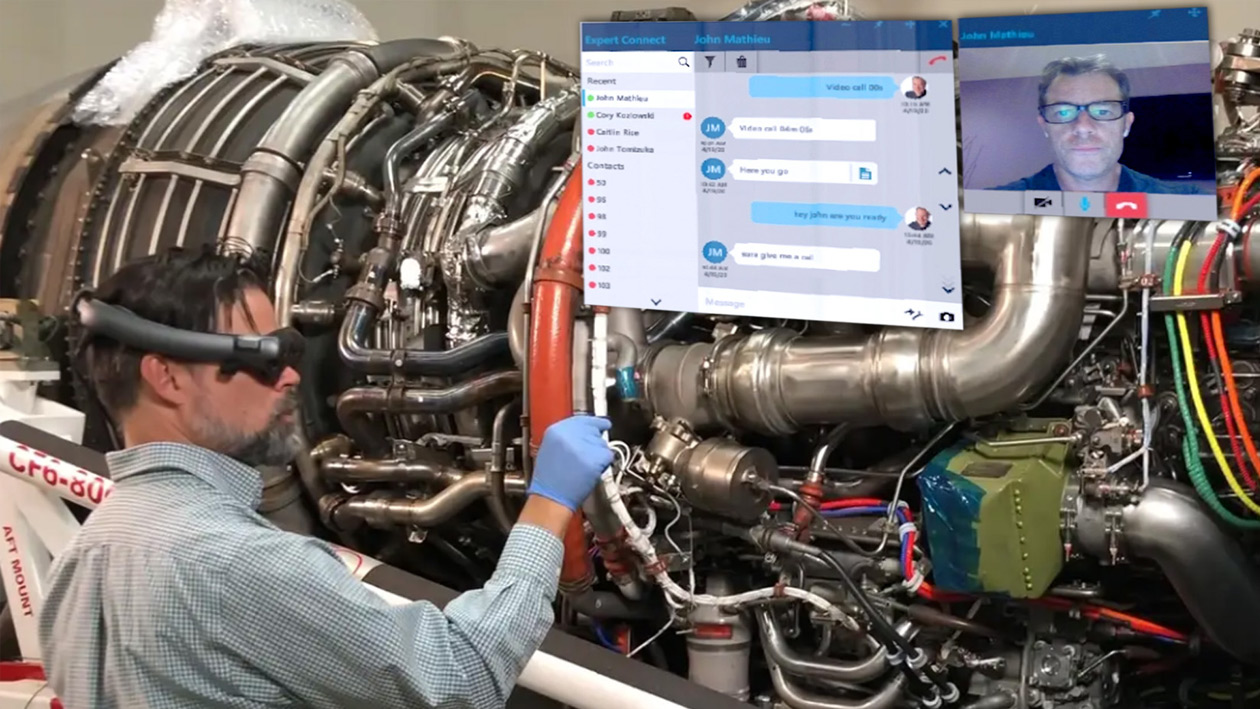THE PROJECT
A collaboration between Sharon K. Weiner (School of International Service) and Moritz Kütt (Institute for Peace Research and Security Policy at the University of Hamburg), The Nuclear Biscuit uses a Virtual Reality (VR) experience to better understand decision-making during a nuclear crisis. Using VR to immerse participants in a crisis scenario, the project analyses which retaliatory options people consider valid, plus the information, advice, and other variables that are likely to prove important as people seek to make decisions in situations of high stress and uncertainty.
The VR experience was demonstrated in February 2020 at the Munich Security Conference, where it helped officials experience the pressure and uncertainty inherent in any nuclear crisis. From September to December 2021, Sharon and Moritz used experiments and controlled observations to collect data about how decision makers are likely to behave in a nuclear crisis. Participants were recruited among Princeton University students and Washington D.C.-based policy professionals.
THE PARTNERS
The project and VR experience are designed by Sharon and Moritz in cooperation with Global Zero and the Program on Science and Global Security (SGS) at Princeton University.
The Nuclear Biscuit is made possible thanks to the generous support of Global Zero as well as additional support from the Carnegie Corporation of New York, the Program on Science and Global Security at Princeton University, the School of International Service at American University, and the Institute for Peace Research and Security Policy at the University of Hamburg.
VR programming, troubleshooting, and inspiration were provided by Holosphere VR.
THE FUTURE
We are currently analyzing the data and will report back our findings, probably in late summer 2022. Prior to that, the next chance to view the experience is in January 2022 when the project moves to Capitol Hill where demonstrations will be provided to members of Congress and congressional staff.
Quelle:




